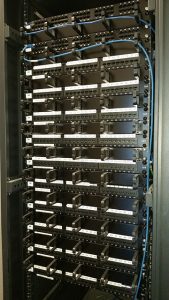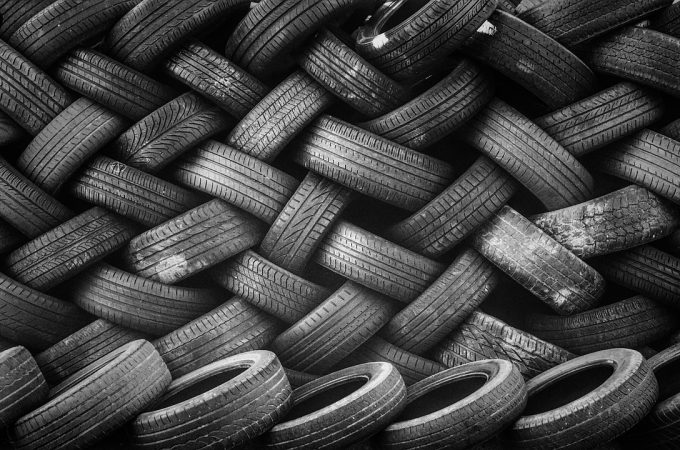
How Serious Is the Carbon Footprint of the Internet
We all love browsing the internet, in fact, it’s a daily habit, we do it instinctively whenever we are looking at our phone, looking to play music, or just search a specific piece of information. Moreover, a lot of entertaining content that we enjoy on daily basis requires us to be online, and without internet things like Betsafe bonus code, it would not make sense as those things are specifically for online betting or you need online accounts.
Although it’s rarely addressed a constant use of the internet or simply being online has a negative impact on our environment. So, it would be a good idea to explore the carbon footprint of the internet and discuss some potential solutions.
What is the carbon emission rate when you surf the web?
 Throughout the day you probably reply to a few emails, send dozens of chat messages, do a couple of searches, and play videos or music. Honestly speaking, each of these activities come at a small cost, because the energy needed to power up your devices emits just a few grams of CO2.
Throughout the day you probably reply to a few emails, send dozens of chat messages, do a couple of searches, and play videos or music. Honestly speaking, each of these activities come at a small cost, because the energy needed to power up your devices emits just a few grams of CO2.
However, there is significantly more energy involved when it comes to powering up data centers, which are needed in order to store that same content you wish to access. Furthermore, the number of people who are actively online, makes this carbon emission add up, which in term creates a problem.
Luckily in the grand scheme of things all of our collective internet use only accounts for 3.8% of carbon emission. This is not too bad, but if we are making commitments to reduce greenhouse effects, efforts must be made on all fronts.
Why is this happening
 In reality, depending on where you live, the carbon emission that results from your internet use will vary. For example, there was a study from several years back that showed how Australian internet users emit way more CO2, around 81 kg per person. And the main reason for this is the energy source.
In reality, depending on where you live, the carbon emission that results from your internet use will vary. For example, there was a study from several years back that showed how Australian internet users emit way more CO2, around 81 kg per person. And the main reason for this is the energy source.
In fact, many countries claim that their data centers use renewable energy sources, whereas in reality there are many places where energy is mainly produced by burning fossil fuels. Of course, more developed countries have the luxury of taking necessary steps to reduce carbon emission, but in developing countries that is not the case. In fact, they often argue that it is unfair for them to request to do the same before giving them a chance to develop and be in the same position.
What can we do?
Well, the first thing we need to do is look at a bigger picture. Sure internet use on its own is not the main issue, but there are other aspects of it that cannot be overlooked. The energy needed and materials used for the production of gadgets. The energy needed to sustain data centers, and of course a great number of people constantly using the internet.
So, the best way is to individually make efforts not to be online as often and not change our gadgets so frequently. The second step is for more developed countries to make renewable energy sources more accessible to developing countries. This way we can really make a huge step in the right direction.





